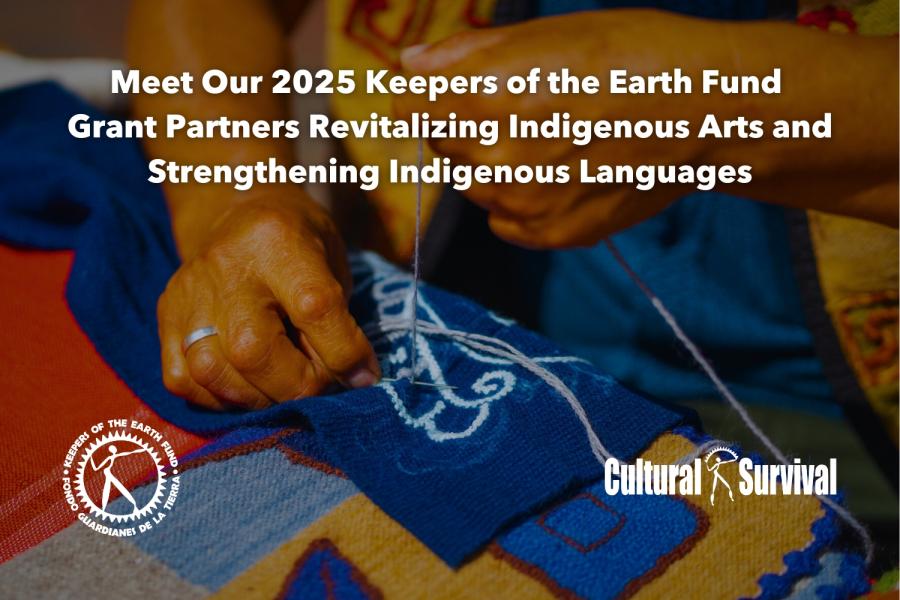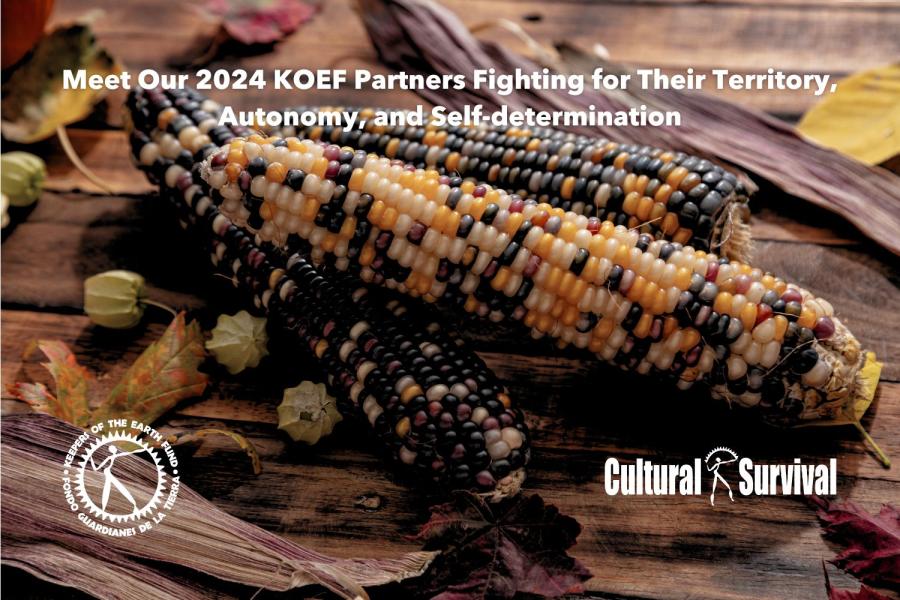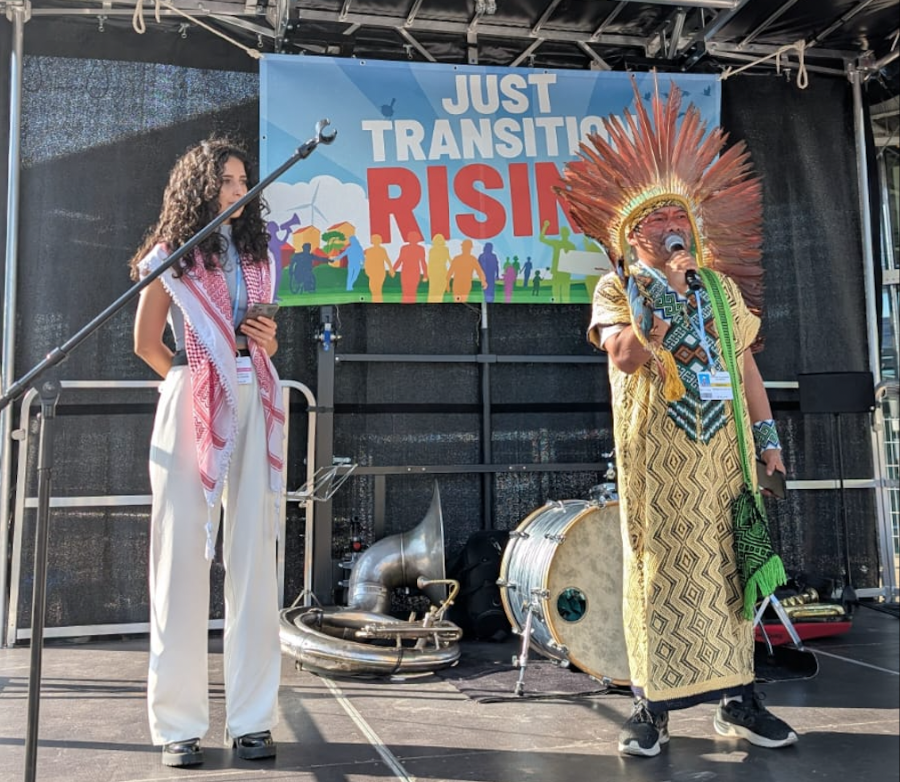Some coffee roasters' current work and future commitments for their fair trade businesses
Green Mountain
Green Mountain has had a licensing agreement with TransFair USA since 2000. In December 2003, the company made a commitment in a letter to the United Students for Fair Trade that 25 percent of its purchases and sales would be fair trade within five years. Two years later, Green Mountain is on track to hit that mark, says Rick Peyser, director of public relations. Twenty percent of Green Mountain’s coffee is currently fair trade, says Liam Brody, the company’s director of sustainable coffee. Green Mountain plans to release its first corporate responsibility report at the end of 2005.
Starbucks
Last year, Starbucks purchased 299 million pounds of coffee; 4.8 million pounds (about one percent) of that coffee was fair-trade certified by TransFair USA. For 2005, the company aims to buy 10 million pounds of fair trade coffee. Starbucks’ purchases represent 25 percent of all fair trade coffee purchases in the United States.
In 2004 Starbucks launched its CAFE (Coffee and Farmer Equity) Practices program as an alternative to the fair trade labeling system. Under CAFE Practices, Starbucks states in a program update, it offers “preferred buying status to coffee producers that meet quality and economic transparency criteria and score high in areas of socially responsible working conditions and progressive environmental practices.” Independent monitors will evaluate producers’ compliance with criteria, and farmers will receive up to a five-cent premium based on their “preferred buyer” status and on their levels of compliance. Starbucks aims to buy 75 million pounds of coffee under the CAFE Practices program in 2005, 150 million pounds in 2006, and 225 million pounds in 2007, says Dennis Macray, manager of business practices in the company’s social responsibility department. Starbucks’ long-term goal is to purchase all of its coffee under the program, which would include some fair-trade certified coffee but not necessarily follow Fairtrade Labelling Organization or TransFair guidelines.
Dean’s Beans
Dean’s Beans is a 100-percent fair trade coffee company. In 2004, the company roasted 265,000 pounds of certified coffee, a $1.6 million value. In addition to the fair trade price, the company pays an extra six-cent-per-pound profit share to all its farmers. Founder Dean Cycon left TransFair USA in 2003 over disagreements he had with the organization about transparency among its licensees. He is now a member of the Fair Trade Federation (FTF). In August 2004, Dean’s Beans underwent its first audit by Quality Assurance International to ensure the company’s business practices were in compliance with the guidelines of the Fairtrade Labelling Organization. Cycon says he is working to encourage FTF to require that all of its members undergo similar inspections.
“I personally would like to see a day when Dean’s Beans is a coop owned by coffee farmers,” Cycon says. “I’m working on it right now—it’s a logical place to go.” Cycon says he plans to restructure the company according to this model in the next five years.
Equal Exchange
Equal Exchange is the largest 100-percent fair trade coffee roaster in the United States. In 2004, the company roasted 2.5 million pounds of coffee, and plans to do nearly $20 million in business this year, said Phyllis Robinson of Equal Exchange. The company operates as a worker-owned cooperative, and its investors include two fair trade cooperatives with which it does business.



